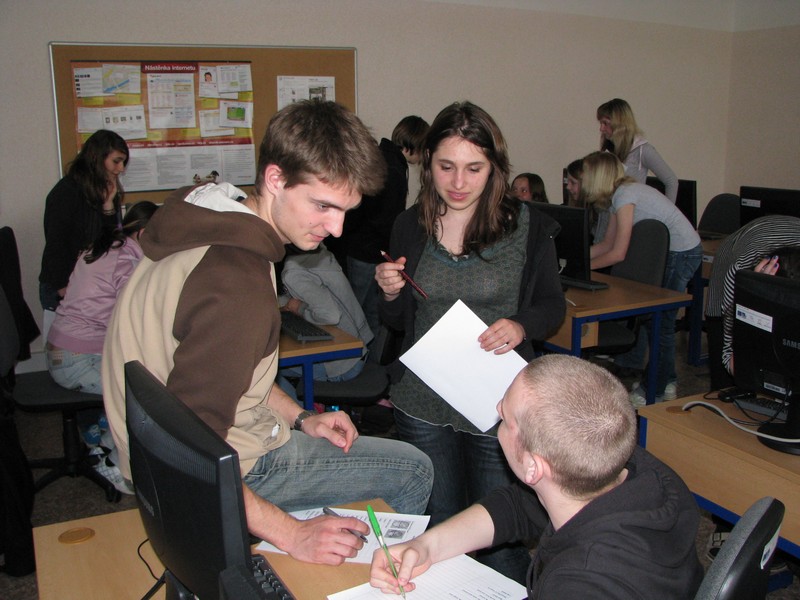
However, changes in the sociopolitical environment, most notably the European migrant crisis, and the ongoing effects of the latest global financial crisis, have given a new urgency for innovative social policies to alleviate homelessness in Europe. Despite this, many European countries have pursued policies aimed at reducing the visibility of homelessness in public spaces, whilst cutting spending on services as part of broader austerity programmes. The additional costs of social, healthcare, and housing services for homeless individuals are also high. Homeless individuals experience greater physical and mental health risks than the general population, resulting in shorter lifespans, and encounter more barriers to primary healthcare, which leads to higher utilization of more costly healthcare services such as emergency room visits.

Homelessness impacts on both the individual and society. There is a continuing lack of recent, European-wide quantitative data, but expert estimates from 2009 suggested that, each year, about 4.1 million people in the European Union were unsheltered, or in emergency or temporary accommodation. The funders had no role in study design, data collection and analysis, decision to publish, or preparation of the manuscript.Ĭompeting interests: The authors have declared that no competing interests exist.Īvailable data on homelessness across the currently twenty-eight states of the European Union suggests a steady rise over recent decades, with an increased number of women, youth, families and migrants experiencing homelessness. The grant agreement between the European Commission and each research unit involved allows complete liberty and autonomy of researchers in the design of the study the European Commission will take no part in data collection procedures, analyses, interpretation of the data, or decision to submit results. The dictionary for use of the database are also available at the following (DOI: 10.5281/zenodo.3332698).įunding: This work is supported by the European Commission through a grant, as part of the H2020 research project HOME-EU: Reversing Homelessness in Europe H2020-SC6-REVINEQUAL-2016/ GA726997.

This is an open access article distributed under the terms of the Creative Commons Attribution License, which permits unrestricted use, distribution, and reproduction in any medium, provided the original author and source are credited.ĭata Availability: The data underlying the findings in our paper are available without restriction at the following repository link: (DOI: 10.5281/zenodo.3332020).

Received: ApAccepted: AugPublished: September 25, 2019Ĭopyright: © 2019 Petit et al. PLoS ONE 14(9):Įditor: Mariusz Duplaga, Jagiellonian University Medical College, POLAND (2019) European public perceptions of homelessness: A knowledge, attitudes and practices survey. Citation: Petit J, Loubiere S, Tinland A, Vargas-Moniz M, Spinnewijn F, Manning R, et al.


 0 kommentar(er)
0 kommentar(er)
